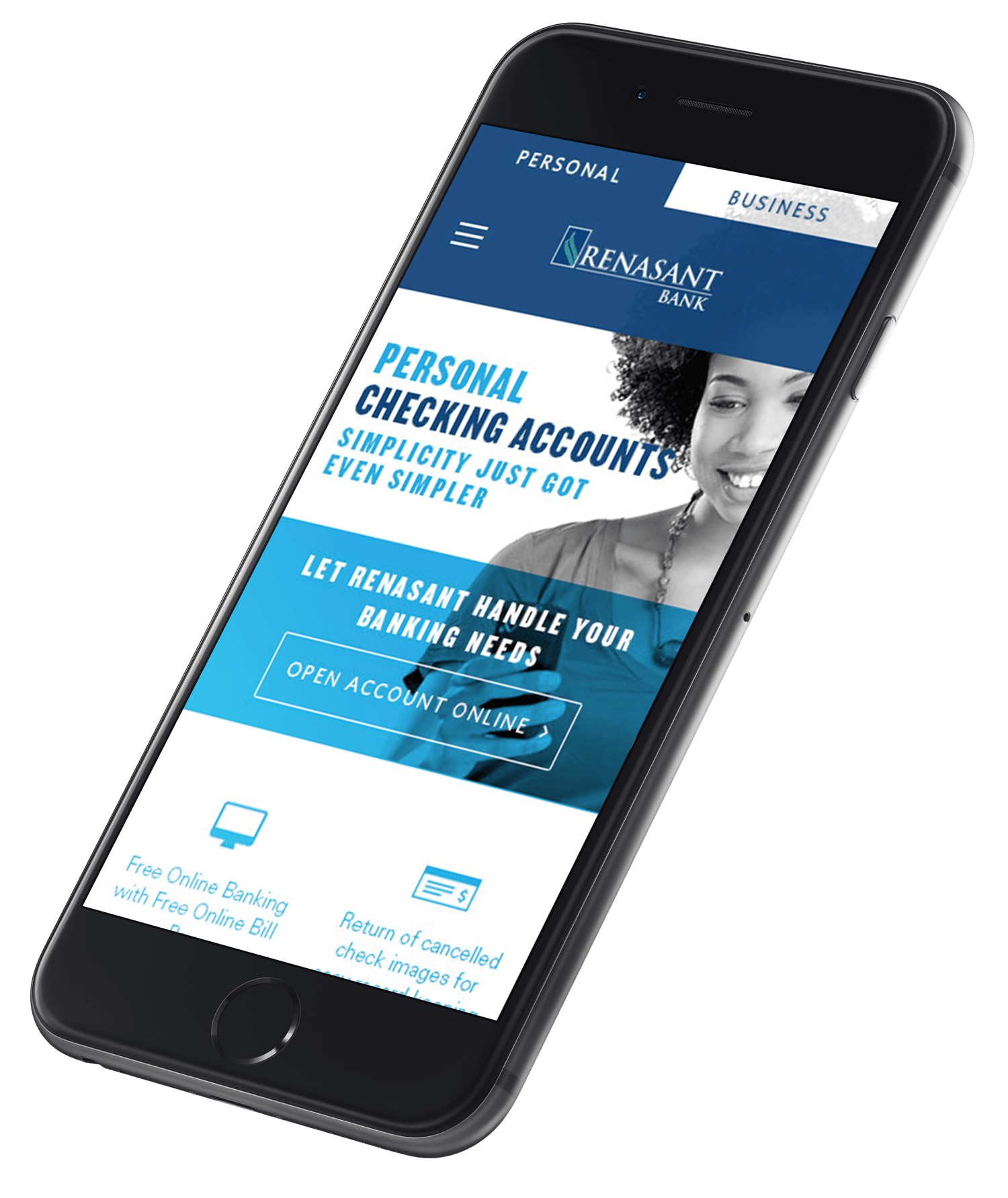The Super Bowl sets the tone for advertising for the year. This year, it seems to go against the old adage of “Don’t discuss politics and religion at the bar.” While the game is not a bar, it is a time of community and popping a few tops. The trove of heavy-handed, socially conscious ads drove me a bit crazy.
If we’re in for a year of brands acting like advocacy groups, let’s at least look at a brand that’s done it well lately.
Every now and then, an ad campaign has an opportunity to rise above its product.
Secret Deodorant, a deodorant branded toward women, released a campaign last year titled #StressTest.
The first ad in the series features a young professional woman in the restroom — presumably at her office, to judge from the industrial tile.
Thinking she’s alone, she looks in the mirror and rehearses what she’s going to say when she asks her boss, a man, for a raise. She tries out a demanding tone, a pandering one, even a casual, buddy-buddy approach.
When a toilet flushes and an older professional woman emerges from one of the stalls, the protagonist of the commercial is abashed.
The two wash their hands next to each other in silence, until the more experienced woman looks at the other and says in a firm voice, “Do it.”
The commercial closes on the young woman giving herself a steely nod in the mirror, with text reading, “At 3 o’clock, Lucy does her part to close the wage gap.”
As a business owner, I like to think that there’s not a peer out there who’s against equal pay for women, but there’s no doubt that these are real feelings from the workplace.
A quick survey of female workers will affirm national data — that the moments outlined in Secret’s spot reflect the way many women truly feel in these circumstances.
This is the part that makes the ads relevant. They’re not about data, they’re about real feelings — and even more on brand, they’re about largely secret feelings.
In another #StressTest commercial, a pair of similarly young professional women role-play their pitch for a new project in the office elevator. One plays the part of their boss or supervisor, posing remarks like “I doubt you girls could pull that off” and “Who came up with these projections?” The other answers, “Yes, these numbers are correct, got the data right here, sir,” and “Yes, these projections are feasible,” before the elevator door closes and text appears, saying, “Ash and Emma’s pitch adds two more girls to the boys’ club.”
A few of the commercials are more socially conscious, and take place in settings outside of work. In one of them, a couple is out on a date, and the woman pops down on one knee and asks the man to marry her, “[flipping] the script on a centuries-old tradition.”
The #StressTest campaign works on several levels.
First, it fits with the product name — Secret. These commercials show secret moments inside the experience of being a woman in this country. I think I speak for many men when I say that what women think about in these private contexts is often a mystery to us.
From a storytelling perspective, the campaign showcases the moments before the moment — a secret space and time.
It avoids the obvious and played out, but still chooses instances where a lot is at stake.
Social commentary aside, it’s simply more interesting to watch Ash and Emma rehearse their pitch than to see them actually give it. It’s more intimate.
Second, the campaign doesn’t come off as preachy, or controversial for the sake of controversy. Almost all the spots are as quirky and funny as they are impactful. Campaigns that try to incorporate or address social issues do so at the risk of throwing the product under the bus of the issue’s politics. Let’s not forget, an ad’s first allegiance should be to the product. #StressTest succeeds because it leads you — not commands you, but leads you — into empathy.
While the ads use wage gap or gender roles as commentary, what you’re really seeing are the secret stressful moments of the target audience. It’s hard to imagine a brand finding more consumer empathy.
If nothing else, you’re positioned to consider the life of someone who is different than you, because you glimpse a secret part of that life, which happens outside the public spaces you might share with these people.
For those who do share the experiences of the women in these commercials — i.e., women who are actually buying Secret deodorant — #StressTest makes them feel like someone understands them. For those who don’t share those experiences (i.e., me and most people with a penis reading this), the ad doesn’t have to cater to your purchasing power, because you’re probably a Mitchum man.
At the same time, the product isn’t superseded by the cleverness of the ad itself. You come away from it impressed that Secret would gamble on a risky, purposeful campaign.
Finally, the #StressTest campaign seems to deliberately turn away from Secret’s famous, long-used slogan: “Strong enough for a man, but made for a woman.” These commercials show that it takes plenty of strength to be a woman. It doesn’t say, “You couldn’t do this without Secret deodorant,” but it does say, “You can do this no matter what, and we’ve got your back.”
Ultimately, the components I’ve listed serve this sentiment, i.e., they seek to empower the audience. The product itself — in fact, the whole Secret brand — steps aside, and doesn’t position itself as an end goal; deodorant is a minor necessity that allows the protagonists in the commercials to get on to more important things.
Deodorant works best when it works well enough to forget about, and that can be a tough thing to market. It’s worth asking: What is the nature of your product? Is it an end goal for the consumer, the way a BMW might be? Or is it a necessity that facilitates the rest of life? A product like deodorant might seem mundane — but mundanity offers the opportunity to spotlight the customer. Not to sound hippy-dippy, but when a campaign seeks to explore and reveal the uniqueness of life, it can occasionally amount to more than just the sum of its parts.




